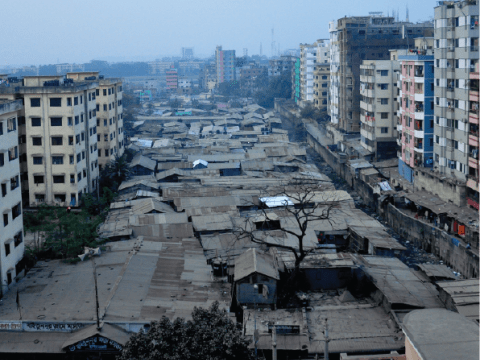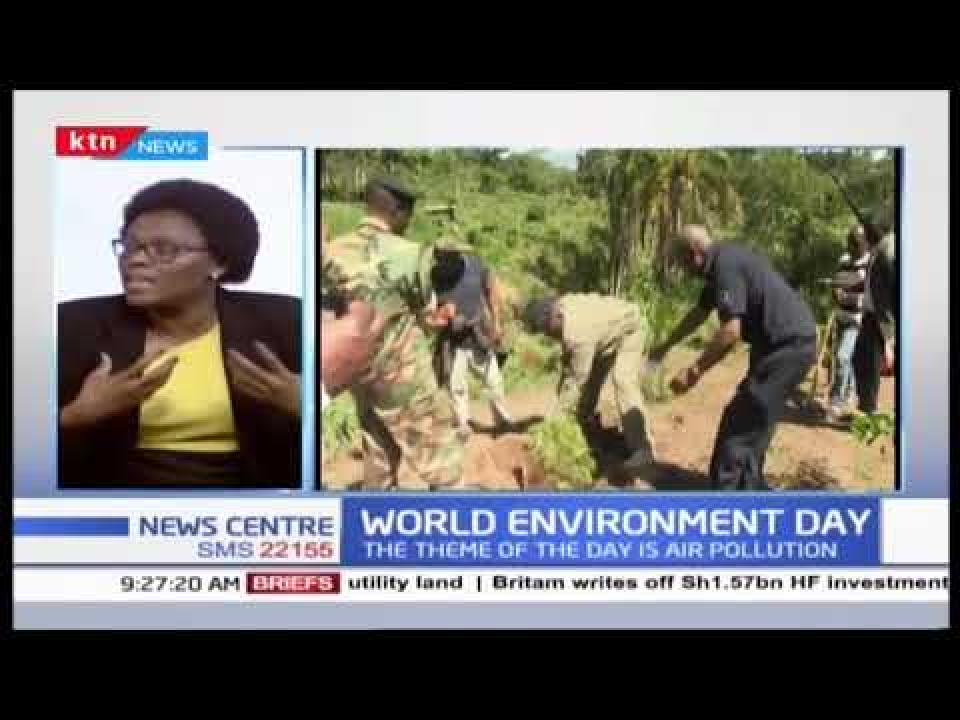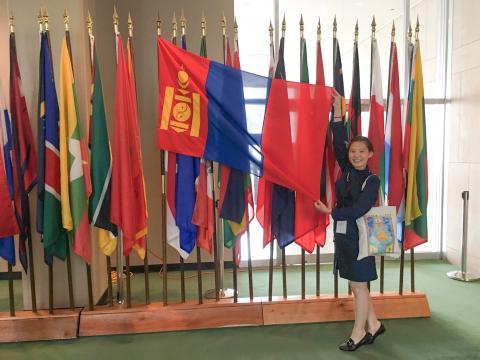Community Based Approaches to Addressing Urban Air Pollution
Download
The urban areas of Bangladesh, particularly Dhaka, have witnessed a rapid increase in air pollution, particularly in dry seasons. Over the last three years, Dhaka has been repeatedly dubbed the most polluted city (AQI-US) globally and has consistently remained among the top 5 with emissions from brick kilns, rapid construction, and an increase in vehicle usage among the key contributors. Exposure to air pollution has adverse health effects, with varying degrees of respiratory complications, e.g., asthma, lung inflammation, and cancer.
While air pollution negatively affects Bangladesh’s population in general, this impact is more prominent among the more vulnerable segments, i.e., pregnant women and children. Pregnant women exposed to common air pollutants are more likely to give birth prematurely and have small, low birth-weight children. Air pollution also impacts neurodevelopment and cognitive ability and can stunt lung growth, and cause childhood cancer. Consequent to the health impact, air pollution also affects the Bangladesh economy. Health complications for adults result in increased sick days, reduction in productivity, and for children result in time away from school and absence of participation in critical cognitive development activities, which have both short and long-term adverse effects on the national economy.
Furthermore, as a result of rapid economic growth in urban areas, particularly Dhaka city, there is at present an increase in rural to urban migration which is expected to increase even further in the future. The prospect of an increasing population concentration supplemented by government plans to undertake the construction of more mega infrastructure projects may result in further deterioration of the air quality in urban areas. Interventions, therefore, are required to help ensure that the growth and development are sustainable in the long haul.
This study aims to provide a comprehensive set of intervention options for World Vision Bangladesh to facilitate the mitigation of air pollution by ensuring the engagement of youth and stakeholders at the community level.


